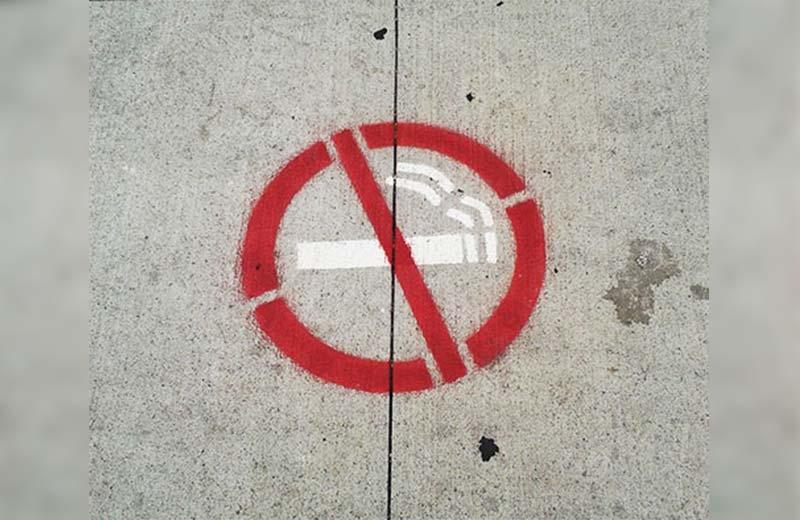“Hey, when did you start?” Bryan looks up. “When I was 13 - I’m 20 now and I’m hooked.”
As we acknowledge National Non Smoking Week this week, our attention turns to youth. Nearly all tobacco use* begins during youth and progresses during young adulthood, according to the 2014 US Surgeon General Report.
What does Bryan want to say to kids who are smoking or thinking about trying it?
“Hey, that’s easy. Don’t do it. Just don’t. I’ve spent a ton of money on cigarettes. They stink. I can’t get apartments because I smoke, can’t get jobs, heck, I can’t get a girlfriend! I thought when I started I could stop whenever I wanted. I didn’t get the fact that nicotine is addictive. It controls me, I can’t control it. I was cut from the hockey team my senior year because smoking affected my ability to play the game. When I stopped playing hockey, I also was cut out from a lot of my friends. My whole life changed the day I started to smoke. I wish I knew how addictive smoking was."
Help teens say no to tobacco use
Help teens be tobacco free for life. If you know a teen who uses tobacco, help them: tell them about QuitNow services and the BC Smoking Cessation Program. They can access free counselling by phone, text or email and free nicotine patches, gum, lozenges or inhalers.
*In this blog post and in most public health messaging, ‘tobacco’ is short for commercial tobacco products like cigarettes and chewing tobacco. Using these is highly addictive and a leading cause of disease and premature death. However, Northern Health recognizes that natural tobacco has been an integral part of many Indigenous cultures in BC for thousands of years. Traditional uses of tobacco in ritual, ceremony, and prayer is entirely different from smoking or chewing commercial tobacco. Northern Health supports the cultural and ceremonial uses of tobacco and recognizes that the benefits of traditional uses can outweigh the potential harms.














Comments